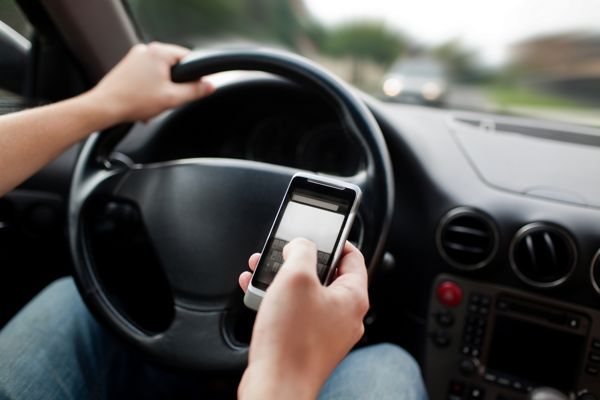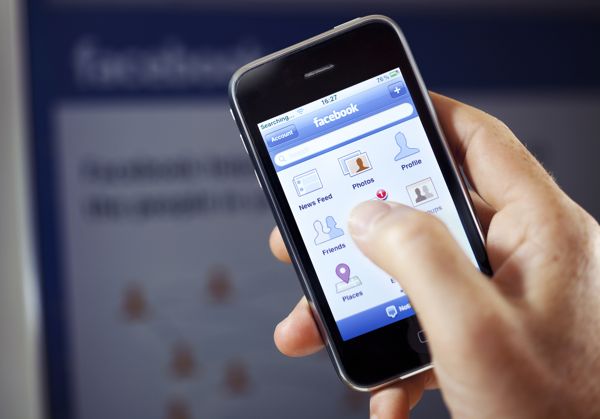It's likely that you have heard about the recent celebrity photograph hack incident, where the private photographs of numerous celebrities were stolen and leaked on the Internet. It is reported that the photo hack stemmed from a criminal either breaching the iCloud system or hacking stars' personal account usernames and passwords.
Although the attacker responsible for this crime was clearly targeting celebrities, it is important for parents to know that these kinds of breaches can happen to anyone. Learn about how to secure both account usernames/passwords and the iCloud service.
The Cause of the Celebrity Photo Breach
There is a dispute regarding the source of the hack and this, in itself, is an indicator of how tricky security can be. The photos were obtained from Apple's iCloud service, but the exact nature of the iCloud breach remains in question - Apple maintains that the pictures were obtained through targeting usernames and passwords, but others suggest there was a more fundamental breach of the iCloud.
In reality, for the purposes of many people, the source of the hack is a secondary consideration - both methods are entirely plausible and whichever was used here, either could be used in the future. In consequence, to ensure security of things such as pictures, both factors should be given consideration. Parents seeking to ensure their children's privacy should take steps to ensure both that usernames and passwords are secure and robust, and that a future iCloud breach has only limited information to steal anyway.
It Can Happen to Anyone
Read More »





















